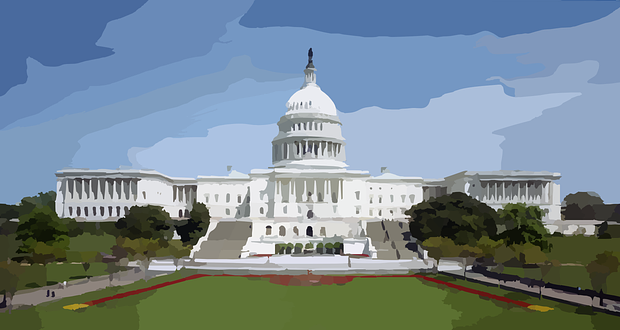Last week, on February 4, two dreadful pieces of news hit the Bitcoin space. First, Ross Ulbricht, the alleged creator of a Bitcoin black marketplace, was found guilty on all seven charges that he was facing.
Ross Ulbricht found guilty on ALL charges, facing life in prison #SilkRoadTrial
— Alexey Yaroshevsky (@Yaro_RT) February 4, 2015
Then just hours later, Benjamin Lawsky thought it would be a great idea to announce his BitLicense revision a few days before it was even formally published. The proposal aims to regulate businesses in New York that use virtual currencies.
The revised BitLicense Reg can be found on our website here: http://t.co/QNAhDI3pYL
— Ben Lawsky (@BenLawsky) February 4, 2015
Neither one of these events was entirely unexpected. Ulbricht was hoping to escape his kingpin charge, which will earn now him a minimum of 20 years in prison with no chance of parole, but we all knew he'd have a tough time with that. Likewise, we knew the BitLicense revision was coming, as the project has been in the works for over a year. Still, the fact that all of this happened on the same day is sending a scary message.
The government cares about Bitcoin - and not in a good way. Perhaps regulators feel truly threatened by decentralized currency and want to keep an eye on the big players in the space. Perhaps they feel that they can beat Bitcoin and just want to collect some fines, fees, and taxes along the way. How else could they keep their paychecks coming? Regardless of the exact reason, we know that the government will not neglect something as great as Bitcoin.
This, too, is nothing new. The government never leaves great things alone. What's most frightening, however, is considering how Bitcoiners might respond. Will we accept the decisions of our overlords and submit to the point that Bitcoin's potential is entirely diminished? For as long as laws have existed, people have followed them, primarily out of fear. Even the hardest anarchists often choose to obey, simply so they can continue to live their lives and do their work.
I'm not trying to say that this is a bad idea. In fact, I think it's very wise to submit in many situations, because it's nearly impossible to effectively share the message of liberty from behind bars, but that mindset does present some complications. Bitcoin may be one of the greatest innovations in the history of freedom, but Bitcoin's users are still not free. Can this be reconciled? That remains to be seen.
No matter how powerful our tools are, the government still has an overwhelming influence on our minds. What matters is whether or not we are prepared for this. Are we prepared to walk the line? Are we prepared to learn how we can exercise our liberty and use Bitcoin without ending up in a cage? And ultimately: are we willing to actually take that risk, so that Bitcoin will not end up in the clutches of our oppressors?
Leave a comment and let me know if you think you're prepared!
 You, Me, and BTC Your Liberty & Bitcoin Podcast
You, Me, and BTC Your Liberty & Bitcoin Podcast





